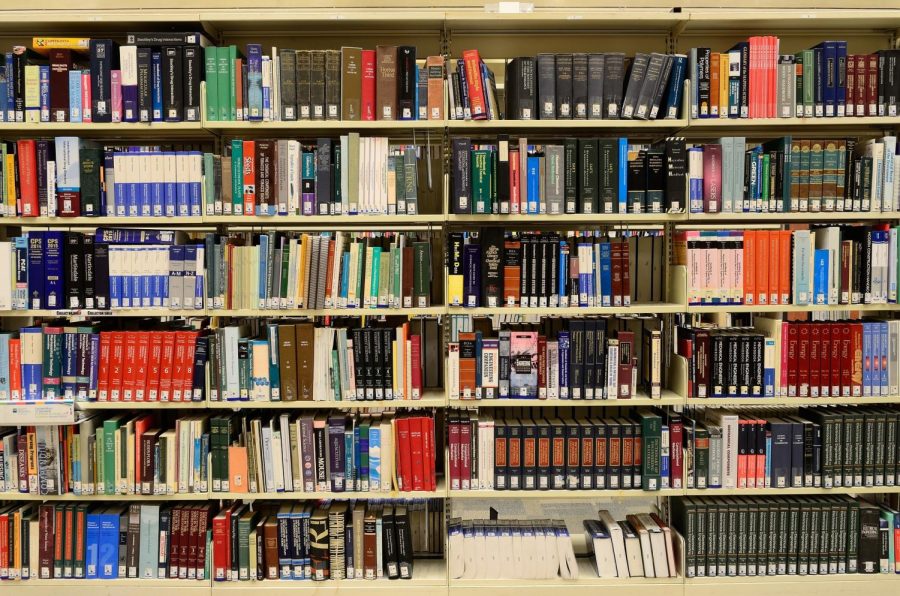Books: Relevant or Restricted
In a move that has stirred up controversy, the state of Florida recently passed HB1467, which mandates a comprehensive inventory of all school books used in the state’s public school system. While supporters of the measure believe that it is an essential step to guarantee the appropriateness and accuracy of educational materials, critics claim that it is an unnecessary restriction on academic freedom and a waste of taxpayer money.
All Florida public schools will be required to report on the titles, authors, publishers, and contents of the books and other instructional materials they utilize as part of the inventory. A justification for each book’s selection as well as its connection to the curriculum, must be provided by the schools. The information gathered through this process will be compiled into a state-wide database and made accessible to the general public.
Supporters of the bill argue that the inventory will help to ensure that students receive accurate and appropriate information in their textbooks and that it will provide a way to identify and remove any books that are found to contain inaccurate or inappropriate content. Additionally, they contend that the measure would increase accountability and transparency in the educational system and will aid in addressing issues with biased or inadequate instructional materials.
On the other hand, the bill’s opponents argue that it is an unwarranted infringement on teachers’ and schools’ right to academic freedom. They claim that this law only serves to add to the already overburdened system’s bureaucracy and paperwork because educators are already qualified to assess and choose suitable instructional materials. Social Studies Teacher Ms. Dunn says that while “[she is] grateful that there is a process put in place because some counties just removed all of the books […] it’s pretty disappointing to be insinuated that [she’s] not using good judgement when it comes to [her] students” because she already tries to ensure that the content she shows to her students is safe. Critics contend that the law wastes taxpayer money as the state will have to pay for the data, analyze it, and maintain the database.
So how will the HB1467 inventory impact the Florida education system? Time will only tell. The bill’s supporters believe it would increase openness and accountability in the educational system. At the same time, its opponents worry that it will impede academic freedom and burden the system with needless bureaucracy. Regardless of which side of the debate you fall on, it is evident that the legislation marks a significant change in how educational resources are assessed and chosen in the state of Florida.












